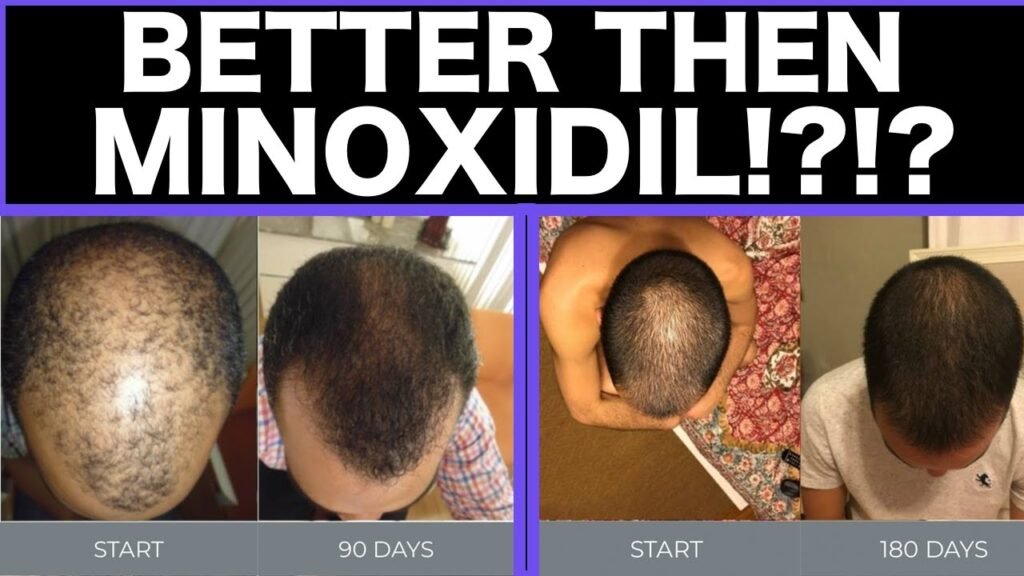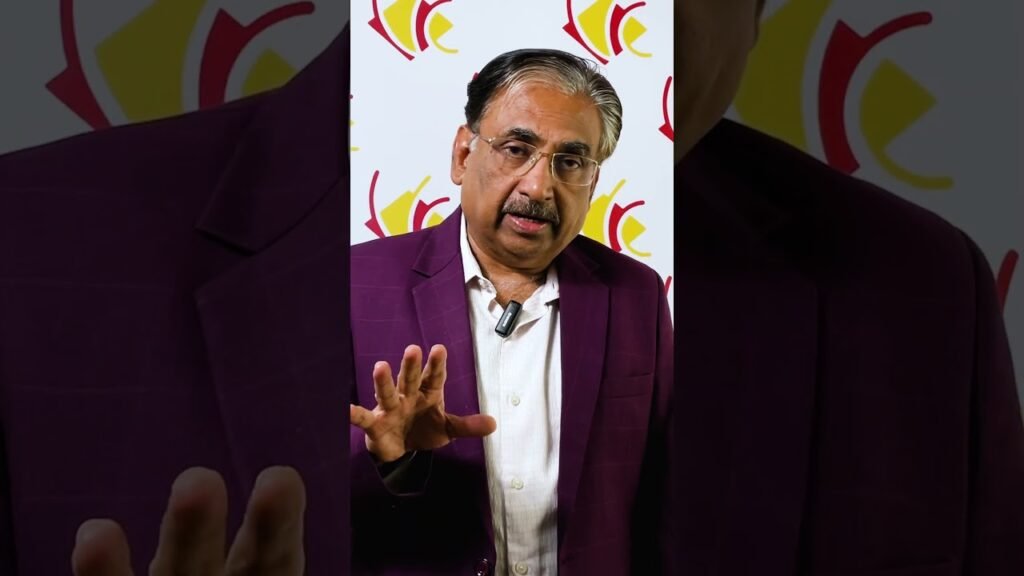Drawbacks of choosing Minoxidil vs castor oil
When considering hair growth solutions, understanding the drawbacks of choosing Minoxidil over castor oil is essential for informed decision-making. Minoxidil, a popular over-the-counter treatment for hair loss, is often praised for its effectiveness. However, it comes with a set of potential side effects. Users may experience scalp irritation, dryness, and in some cases, unwanted facial hair growth. These side effects can be bothersome and may deter individuals from using the product consistently. On the other hand, castor oil, a natural remedy, is generally well-tolerated with fewer reported side effects, making it a more appealing choice for those with sensitive skin.
Cost and Commitment
Another consideration when choosing between Minoxidil and castor oil is the cost and commitment involved. Minoxidil requires a long-term commitment, as discontinuing use can result in the reversal of hair growth progress. This ongoing need can become costly over time, especially when compared to the relatively low cost of castor oil. Castor oil, widely available and affordable, can be a more cost-effective option for those seeking a budget-friendly solution. Additionally, the time investment for Minoxidil application, which typically involves twice-daily use, may not be feasible for everyone, whereas castor oil can be used more flexibly.
Effectiveness and Suitability
While Minoxidil is clinically proven to promote hair growth, it may not be suitable for everyone. Its effectiveness can vary depending on the individual’s specific type of hair loss and genetic factors. Minoxidil is primarily effective for androgenetic alopecia and may not yield the desired results for other forms of hair loss. Conversely, castor oil, though not scientifically proven to stimulate hair growth, is often used as a natural conditioner and moisturizer. It may be more suitable for those looking to improve hair health rather than specifically targeting hair regrowth.


